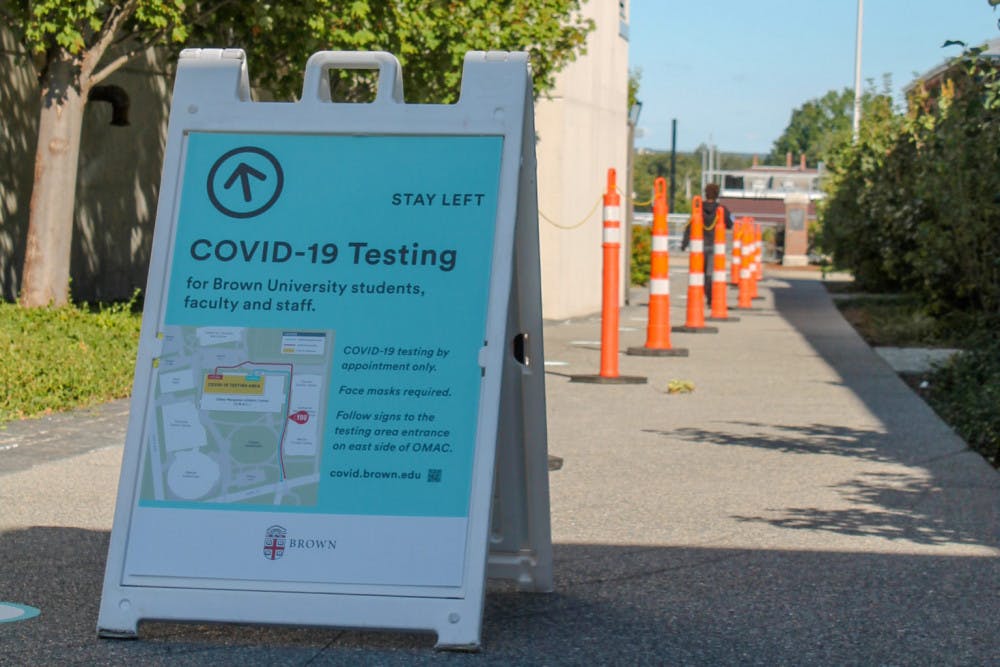Governor Dan McKee announced Thursday that Rhode Island will move up the COVID-19 vaccine eligibility date for all adults to April 19. The University “welcomes” the announcement, Executive Vice President for Planning and Policy Russell Carey ’91 MA’06 told The Herald in a conversation March 19.
All Rhode Island residents 16 or older will become eligible for the vaccine April 19, McKee said, according to NBC 10 News. This date is earlier than the original June estimation, released by the Rhode Island Department of Health earlier this month. The accelerated timeline signifies the state’s “confidence in the federal supply increasing by that time frame,” Carey said.
But Carey does not expect the University to host a COVID-19 vaccination site on campus by that time. Though the University has offered to support such a site for eligible Brown community members, the state has not “followed up” on this offer, he said.
Because the state already mandates students to have received certain vaccinations prior to their arrival on campus, there are discussions that the state may likewise require the COVID-19 vaccine in the future, Carey said.
The University currently does not require that community members receive COVID-19 vaccinations but is “strongly encouraging” them to do so, Carey said. Decisions around requiring vaccinations for students and employees in general are “under a lot of consultation,” and any changes would be announced to the community, he added.
Community members who have received all necessary doses of the COVID-19 vaccine have been asked to submit their completed vaccination cards to Workday if they are faculty and staff, or to the Health Services Patient Portal if they are students. “Having a really clear and documented sense of how vaccinated our population is makes things like more in-person activities possible” and will help inform decisions regarding the summer and fall semesters, Carey said.
Submitting a vaccination record also exempts those vaccinated community members who are asymptomatic from quarantining after exposure to COVID-19, Carey said. The person must also be at least 14 days past the last dose of their vaccination — either the single dose or second dose, depending on the type of vaccine.
“We certainly have people now who are in that category,” who are positively impacted by the release from quarantine requirements, Carey said.
The University does not anticipate “dramatic differences” in campus COVID-19 guidance during the summer semester but “hopefully (will see) continued incremental improvement,” Carey said.
“Until it sort of tips more on the vaccination side, and people really start to see those positivity rates come down, I don't know how (many) ‘back to normal’ (activities) people will feel comfortable doing,” he said.
“A lot of it is beyond our control,” Carey said. “It's one thing for (the vaccine) to be available, (but) people also have to choose to get it.”

ADVERTISEMENT




